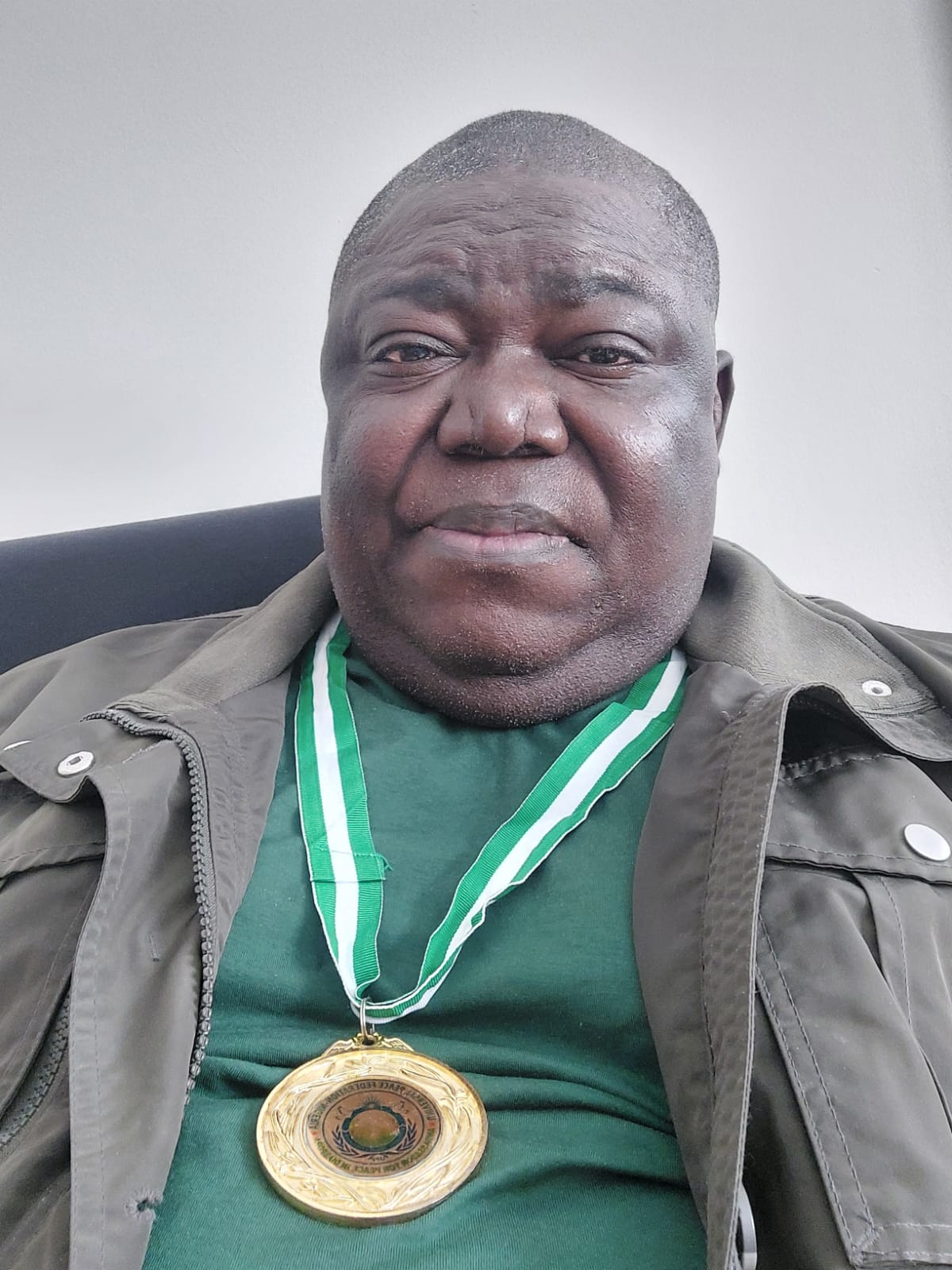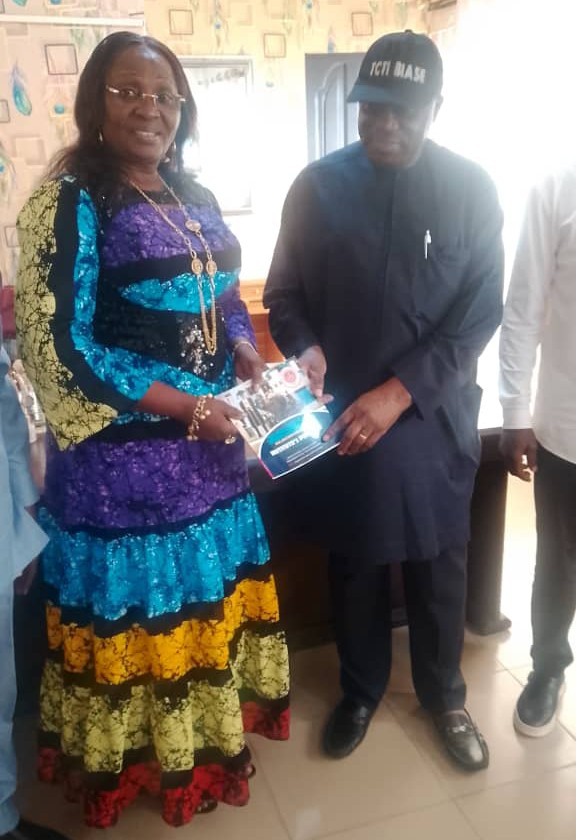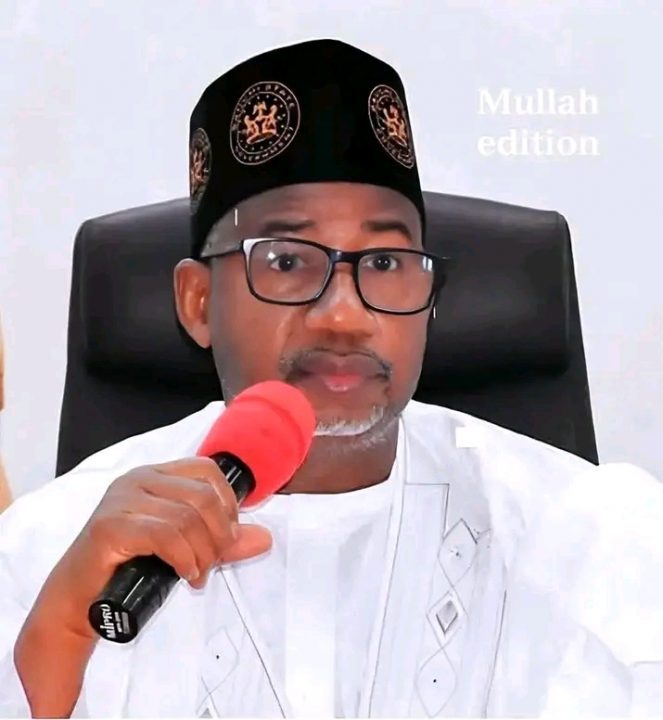Nestled in southeastern Nigeria, the Cross River State rainforest stands out as one of Africa’s most biologically rich ecosystems.
This area is a remnant of the once-mighty Guinean Forests of West Africa, boasting an incredible array of plant and animal life, many of which are unique or at risk of extinction.
Among its lesser-known yet vital residents are wild honey bees—essentially pollinators whose existence is closely linked to the health and preservation of this rainforest.
With challenges like deforestation, agricultural expansion, and climate change on the rise, conserving this rainforest is crucial not just for protecting biodiversity but also for ensuring the long-term survival of wild honey bee populations and the vital ecological services they provide.
The Ecological Role of Wild Honey Bees
Wild honey bees, especially the Apis mellifera adansonii subspecies native to West Africa, are key players in the rainforest ecosystem.
They help pollinate a wide range of plant species, many of which are critical for forest regeneration and wildlife survival.
Their pollination efforts enhance genetic diversity among plants, which in turn supports a variety of insects, birds, and mammals. Additionally, they positively impact nearby agricultural areas by boosting crop yields through their pollination activities.
Moreover, honey bees produce valuable products like honey, beeswax, and propolis. In many rural communities within Cross River State, wild honey serves not only as a source of income but also plays a significant role in traditional medicine and cultural heritage.
Threats to Bees and the Forest
Despite their ecological and economic importance, wild honey bees in Cross River State are facing growing threats, primarily due to the degradation of their rainforest habitat. The most urgent issues include:
Deforestation: Both legal and illegal logging practices are steadily diminishing tree cover, destroying nesting sites, and disrupting the delicate balance of this ecosystem.
Ambassador Agim Godwin Apple (President, African Development Concept ry. Finland)





